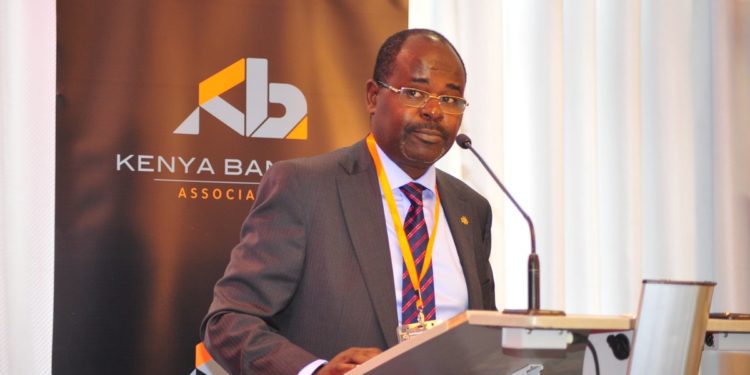Kenya Bankers Association (KBA), a lobby for the banking industry is pushing for the Central Bank of Kenya(CBK) to retain its benchmark rate at the next Monetary Policy Committee (MPC) meeting this Tuesday 6th February 2024.
- In its latest research notes, KBA reckons that this week’s decisions of MPC, the highest policy-making organ of the CBK, will be influenced by the fact that inflationary pressure has eased, market interest rates are rising, and that there is now evidence of sustained credit growth in the banking sector.
- The Central Bank of Kenya’s MPC meeting of 6th February 2024 is expected to announce the monetary policy stance to be adopted in the near to medium term.
- A continued easing of inflationary pressure, with the overall inflation declining from 7.9% in June 2023 to 6.6% in December 2023.
Given these developments and a balance of risks on inflation and the direction of the exchange rate, the KBA Research Note argues for a maintenance of the current stance of monetary policy — in keeping the CBR unchanged — will allow the 200 basis points upward adjustment effected in December 2023 to be fully transmitted in the market and protect the fragile economic activity.
The MPC concluded that there is a need to adjust the monetary policy stance to address the pressures on the exchange rate and mitigate second-round effects including from global prices.
This policy measure was to ensure that inflationary expectations remain anchored while setting inflation on a firm downward path towards the 5.0 percent mid-point of the target range.
- MPC decided to raise the Central Bank Rate (CBR) from 10.50 percent to 12.50 percent, one of the largest hikes in the policy rate.
- Overall inflation has dropped from a high of 10.3% in June 2023 to 7.7% in December 2023, reflecting the positive impact of increased rains in the second half of 2023 on the supply of key food items.
- KBA says there is an expected easing of fuel inflation with the recent two successive reductions in domestic pump prices in November and December 2023.
These fuel price reductions were directly reflected in lower fuel inflation, at 13.7% in December down from 15.5% in November 2023.
Concerns, however, remain on the elevated global commodity prices mainly driven by weaker-than-expected oil supply from the OPEC+ oil producers that risk driving global prices upwards in the near term.
Other risks to inflation include the current geopolitical conflicts that continue to disrupt supply channels with the potential of being transmitted to local prices.
The evolution of global commodity prices and inflation will, however, depend largely on the impact of policy actions taken by advanced global markets, warns the KBA note.
ALSO READ: KBA Urges Retention of Benchmark Rate



